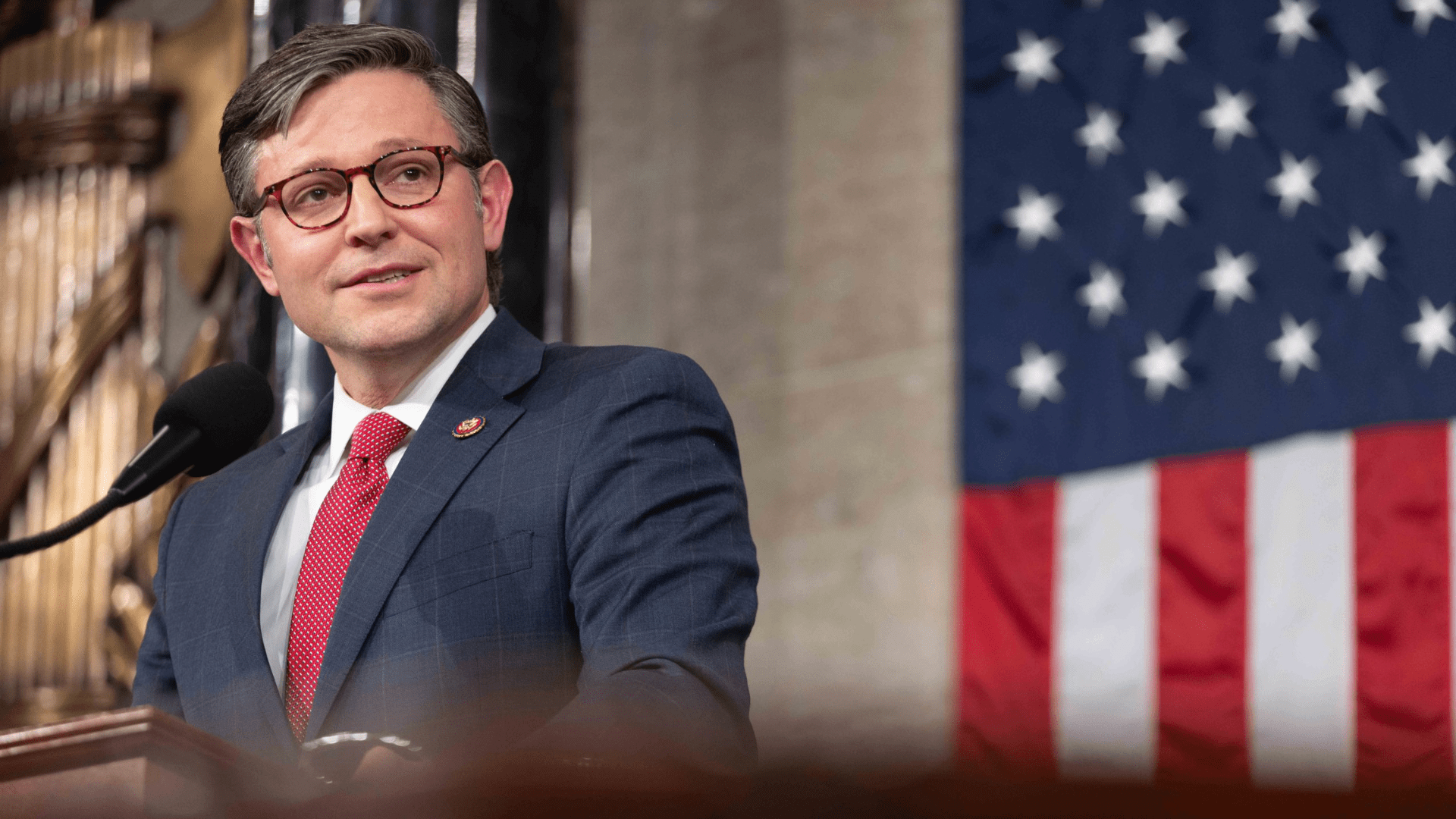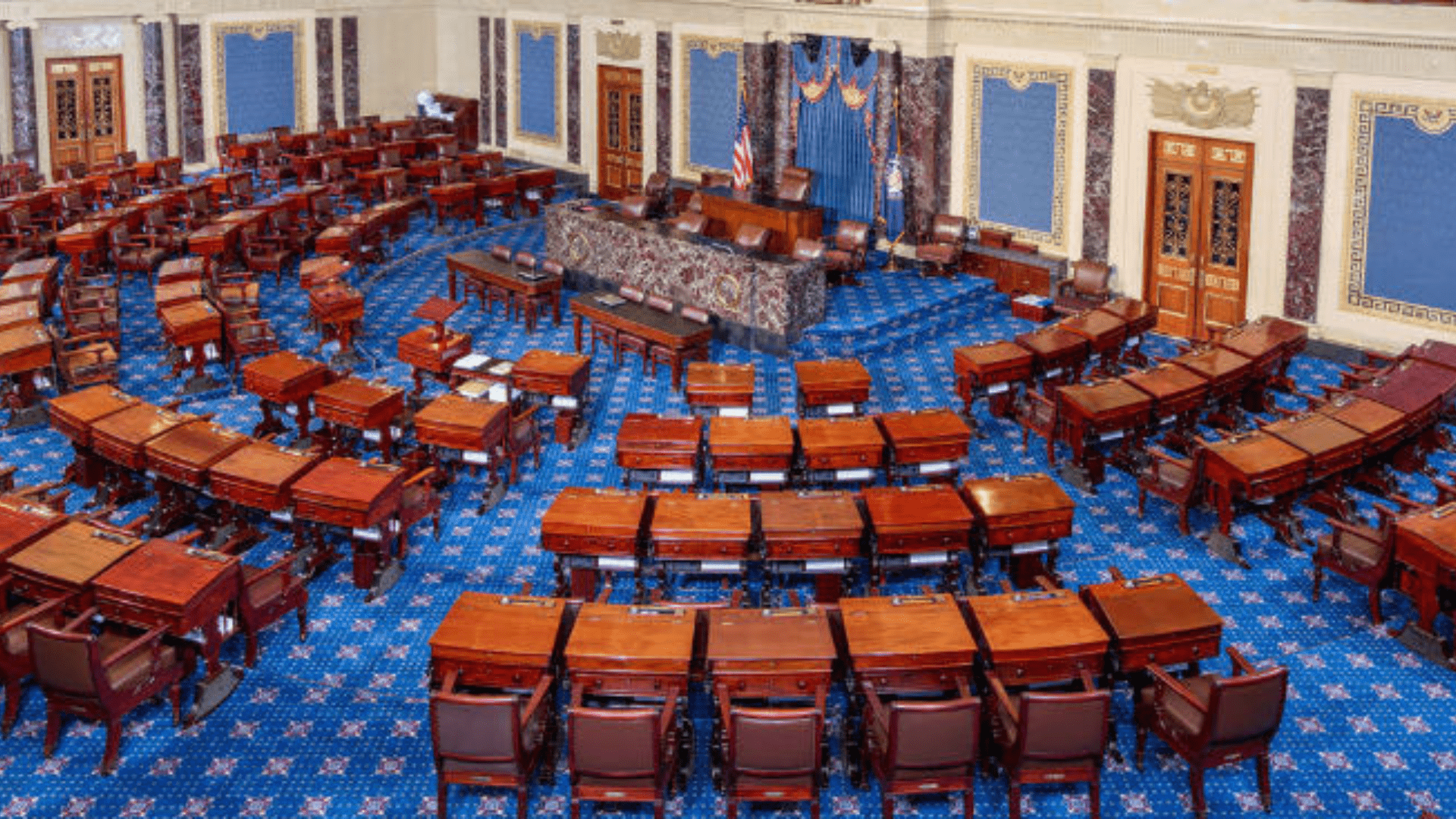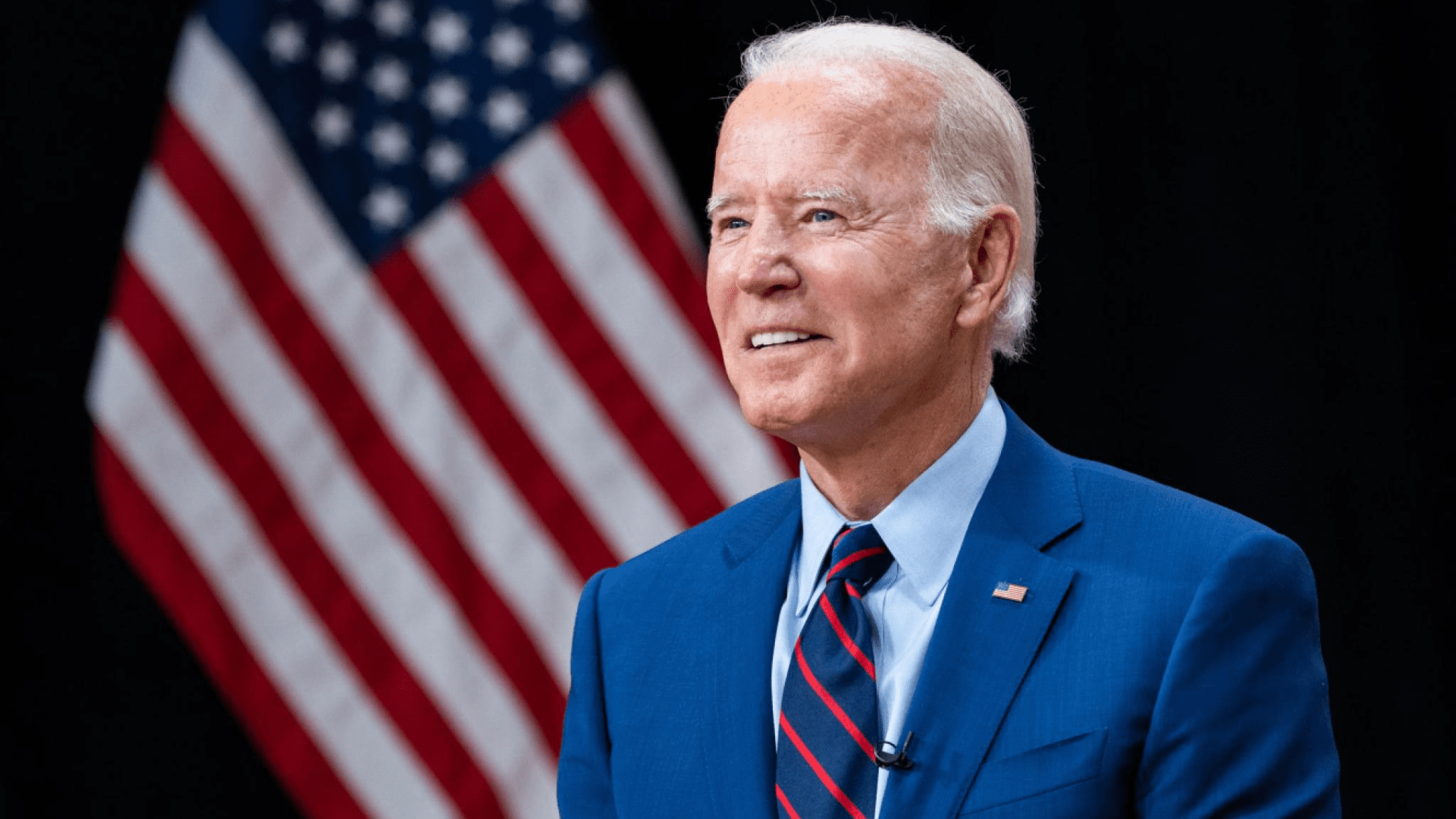As 2023 fades into memory, another partial government shutdown looms over the American public. Fall of 2023 already saw close calls in September and November, which were avoided due to bipartisan continuing resolutions. The continuing resolution, a short-term, two-tiered bill, passed by Congress in November may have the country facing a replay of the 2018 and 2019 shutdowns.
The November bill extended funding for some government agencies and programs until January 19, with others receiving a February 2 end date. The situation has led Brian Gardner, a chief policy strategist at Stifel, to speculate that “A partial government shutdown beginning in late January” is a likely scenario.
The November 2023 Bill

House of Representatives Speaker Mike Johnson passed the bill on November 14 with a 336 to 95 vote. Though widely supported by Democratic members, it was decried by a number of Republican representatives–showing how divided the party remains.
Johnson, himself a Republican, felt that the bill would keep “the government funding paradigm moving forward” and enhance the House and Senate “ability to rein in the Biden administration’s failed policies and government spending.” The bill was ultimately successful. It saved almost 2 million civil servants from going without pay over Thanksgiving and avoided the suspension of food health inspections.
January 19 Deadline for Funding Deal

Now the House and the Senate are in a race against time to come to an agreement before January 19. If a funding deal is not struck between the two parts of the legislative branch, the result will be a partial government shutdown.
Mike Johnson has stated since the passage of the November bill that he is not interested in passing more short-term bills. However, experts believe that such a stopgap might be the only solution to Congress’s shutdown scramble.
What Will Mike Johnson Do?

While no one knows what Johnson will do quite yet, the options seem clear: either pass another short-term funding bill or drive headlong into the closure.
Unfortunately, a short-term patch seems unlikely at this time due to Johnson’s unwillingness to use one and his fall-back plan that could result in billions of dollars in cuts.
Johnson’s Fall-Back Plan

The fall-back plan Johnson proposes is heavily criticized by Democrats as well as a group of Republicans. If passed, it would extend the November 2023 continuing resolution through the end of the fiscal year in September 2024.
A point of contention is that an extension to the end of 2024’s fiscal year could conflict with Biden’s Fiscal Responsibility Act in summer 2023, which imposed limits on spending for defense and other programs. The result could be tens of billions in spending cuts.
Only Two Weeks to Strike a Deal

With only two weeks to strike a deal, Congress is in an extremely fast-paced race to figure out what to do. They usually take several weeks to confirm all the details that make up a spending bill; now they have a tight schedule to finish the details and also pass the bill.
Is it possible for Congress to avoid another shutdown? Some commentators are optimistic, citing the previous avoidances in 2023 that were made on tight schedules. Simon Moore, writing for Forbes, states that “The current expectation is that a government shutdown is averted, similar to past deadlines in September and November.”
Five Major Points of Debate Remain

There are five major points that remain hotly debated by lawmakers, including the difficulty of how to best package the funding bill for greatest acceptance throughout Congress.
Other points of contention include a general desire to increase defense funding, push-back from the House to avoid extra non-defense funding, a conservative resistance to emergency cash to fill gaps in the Fiscal Responsibility Act’s gaps, and a desire among some members of Congress to get rid of controversial policy provisions.
The Desire to Increase Defense Funding

Biden’s Fiscal Responsibility Act stipulated a defense funding limit of $886 billion. Still, there are many lawmakers in Congress calling for additional funding to the military.
Both parties in the Senate want emergency padding money to be provided to the Pentagon, while conservatives in the House are demanding that no additional money be spent on defense.
Emergency Cash for Gaps in the Fiscal Responsibility Act

A hand-shake deal for an extra $69 billion used to both fund and revoke funding germane to both Republican and Democratic interest is being challenged.
Despite this side agreement to the Act, House conservatives want to go back on it because they feel that it was basically a publicity stunt.
The Houses Resists More Non-Defense Funding

In another side agreement to the act, Members of both parties in the Senate agreed to spend an extra $6 billion dollars to fund various federal departments.
Despite agreement in the Senate, certain members of the House are pushing back hard and insisting on sticking to the funding limits of the Act. Unfortunately, it seems unlikely that Senators will agree to this.
Throwing Out Controversial Policy Provisions

House Republicans have created drafts of spending bills that include contentious provisions, such as restricting access to abortion, imposing funding bans on the production of Pride flags, and limiting funding to diversity and inclusivity efforts across the federal government.
These will be difficult for Mike Johnson to pass, as he attempts to tread a fine line between those who are pushing hard for the policies and others who do not want to be stuck with defending them.
Too Many Decisions, Too-Little Time

The many points of debate still facing Congress have pushed commentators and policy analysts to fear that a partial government shutdown in late January is unavoidable. Still, others believe the chance hover around 30%.
Hopefully, Congress can shake out the details and piece together a solution that will pass. However, only time will.
